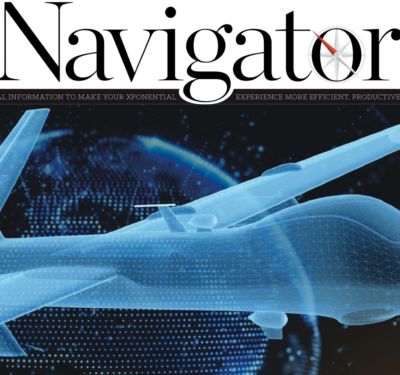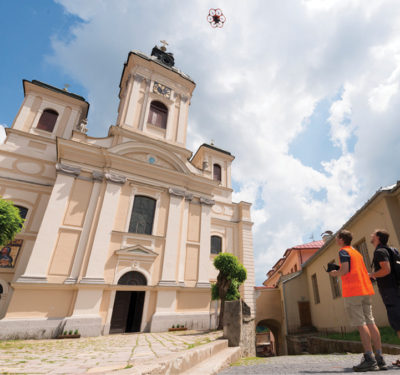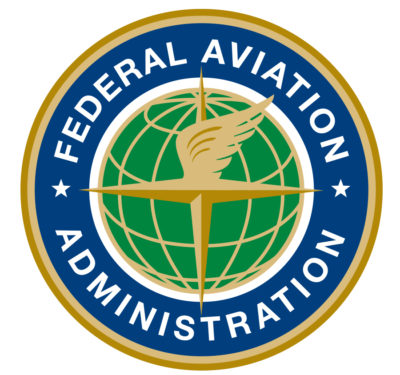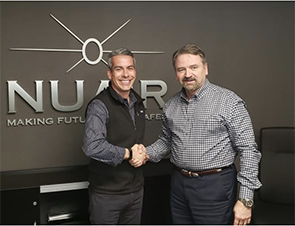A consortium of aviation companies has successfully conducted a series of trials integrating uncrewed aircraft into controlled airspace. The tests, carried out in New Zealand, have demonstrated the viability and safety of uncrewed flight operations among piloted aircraft.
Led by Wisk Aero, the collaboration involved various industry partners, including Insitu Pacific, the Civil Aviation Authority of New Zealand (CAA), Airways New Zealand, and Tāwhaki. These trials aimed to assess the operational integration of uncrewed aircraft flying beyond visual line of sight (BVLOS) into controlled airspace.
Over a period spanning November 17 to December 1, 2023, multiple flights took place at the Tāwhaki National Aerospace Centre in Kaitorete. These flights showcased the ability of remotely piloted aircraft (RPA) to operate under instrument flight rules (IFR) within controlled airspace, encompassing take-offs, landings, and navigation through both uncontrolled and controlled airspace.
Catherine MacGowan, Wisk’s Vice President of APAC and Air Operations, highlighted, “The successful completion of this phase of testing demonstrates that it is possible to safely integrate autonomous aircraft into controlled airspace that is shared with piloted aircraft.”
Andrew Duggan, Managing Director of Insitu Pacific, emphasized the collaboration’s significance in establishing a secure concept of operations for autonomous flight in non-segregated airspace.
James Evans, Airways New Zealand’s Acting General Manager Air Traffic Services, expressed their commitment to supporting trials like these to ensure the safe integration of uncrewed aerial vehicles into controlled airspace.
These trials not only represent a milestone for New Zealand’s aviation landscape but also offer substantial insights globally. They provide data for regulators and industry stakeholders, informing future testing initiatives and potential rule-making processes.
Aligned with the goals of the New Zealand Government’s Airspace Integration Trials Programme, these trials emphasize the importance of balancing aviation advancements with safety standards, community expectations, and economic benefits.
Linda Falwasser, Tāwhaki CEO, underscored the importance of these trials in driving innovative advancements in aerospace transport.
David Harrison, CAA’s Deputy Chief Executive, Aviation Safety, emphasized the commitment to safely integrating emerging technologies into civil aviation systems, signifying progress for the aviation sector.
The successful completion of these trials is a development towards a future where uncrewed aircraft seamlessly navigate controlled airspace alongside piloted counterparts, shaping the landscape of Advanced Air Mobility (AAM) and the broader aviation industry.






